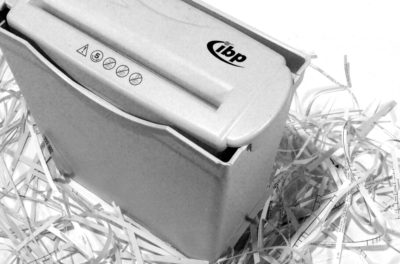Expunctions: Erase Your Criminal Record
A criminal record is a lasting documentation of your criminal history including arrests, charges, and convictions. A criminal record is accessible by any individual, agency, or institution showing a “legitimate interest” in the subject. This leaves you vulnerable to scrutiny and can inhibit your ability to obtain employment, housing, education, scholarships and more. Public website databases make your personal past even more accessible by the general public. Everyone makes mistakes; yours should not have to haunt your future.
Texas law provides three different avenues for keeping your record under wraps: expunction, non-disclosure, and sealing. Law Offices of John C. Rentz, P.C. understands the requirements and processes associated with each and work with you to select the best route for your situation. If you qualify, expunction is the best option available, and we know what is needed to convince a court to grant one.
A victory in front of a jury. An unfounded allegation. A no-bill by the Grand Jury. In each of these cases, the accused can feel vindicated that the trial court, police or Grand Jury did not believe the case against them. Unfortunately, however, each event along the way creates an entry on a person’s criminal history, continuously tying them back to the alleged crime.
Expunctions are a way to completely erase this history. Most convictions are not eligible for expungement, but the Texas legislature does permit permanent removal of all arrests, charges, and convictions in specific circumstances. Situations that qualify are:
- A criminal charge that was ultimately dismissed
- An arrest for a crime that was never charged
- A conviction for a charge that was later acquitted by the trial court or the Criminal court of Appeals
- A conviction for a crime that was later pardoned by the Governor of Texas or the US President
- An arrest, charge or conviction on a criminal record due to identity theft by another that was arrested, charged, or convicted of the crime
While most people will be able to seek an expunction if any of the above circumstances apply, other records may still not qualify. For instance, the Court will not approve an expunction if the crime is involved in a “criminal episode” where the accused has pending charges for or was convicted of a different offense that occurred during the same period. An expunction will also not be considered if the applicant has received deferred adjudication or probation or was convicted of a felony within five years of the crime he or she is now seeking expunction for.
However, if your expunction is granted, your record is wiped clean. The State is ordered to never release or use any records or references of the matter, and you are legally allowed to deny the crime ever occurred when asked by the general public.
Contact Us For Help From An Experienced Attorney
Expunctions do involve a very detailed and often convoluted process so it is best to consult an experienced attorney. We are very familiar with the requirements and can review your situation to determine your eligibility. We will then draft all of the documents you need and present your motion to the court to get your records expunged. Don’t let your past haunt you. Call us at 940-488-1026 or contact us online today for your initial consultation. We serve clients in Denton and the surrounding areas.


